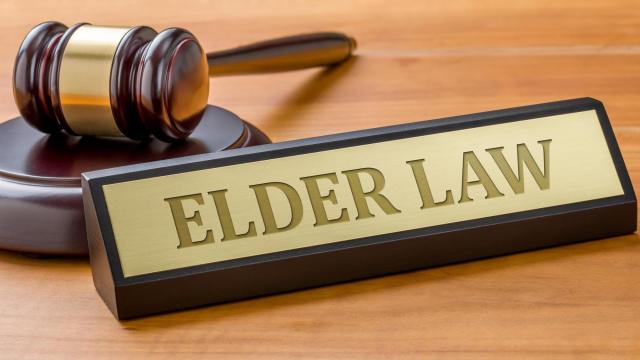Applying for Medicaid can sometimes be a complex process, made further challenging by the evaluation of assets in regards to eligibility for care through Medicaid. Because there are certain limits in place in regards to the value of assets of someone eligible for Medicaid, it’s important to understand how the history of your assets comes into play.
Rhode Island Medicaid Eligibility
Firstly, in order to qualify for Medicaid in Rhode Island, you must be a resident of the state, and a US Citizen, permanent resident, or legal alien. You also will have to be considered low income based on your household size (calculate that here), and must fall into one of the following categories: are pregnant, be responsible for a child 18 years of age or younger, blind, have a disability or a family member in your household with a disability, or be 65 years of age or older.
Read: What Documents Do You Need to Apply for Medicaid?
What is the 5 Year Lookback Rule?
If these criteria apply and you wish to apply for Medicaid but personal assets are too high in value for you to qualify, it can be tempting to gift those assets to loved ones before you apply. However, in Rhode Island (and most other states), the application process involves a 60 month (5 years) “Lookback Rule,” which means that the state will review any transfers or gifts given within five years of your application and take those into account. The state may even levy penalties against your coverage by delaying your eligibility.
How to Avoid the Medicaid 5 Year Lookback Rule
There are exceptions to this rule: you can transfer the assets without Medicaid penalty to your spouse (up to a certain amount), a child under 21 years old, a disabled child of any age, a sibling who has lived in your residence for at least a year before the applicant’s institutionalization and holds an equity interest in the home, or to a child of any age who has taken care of the Medicaid applicant for at least two years. There are a handful of other exceptions as well, which a trusted attorney can help you identify based on you and your family’s unique situation. Reach out to us so we can help you navigate this tricky process and make sure you and your family receive the medical care to which you’re entitled in a way that can protect your assets!
We’re Here to Help
Fill out the form below to schedule your free Discovery Call and learn how we can help you.

